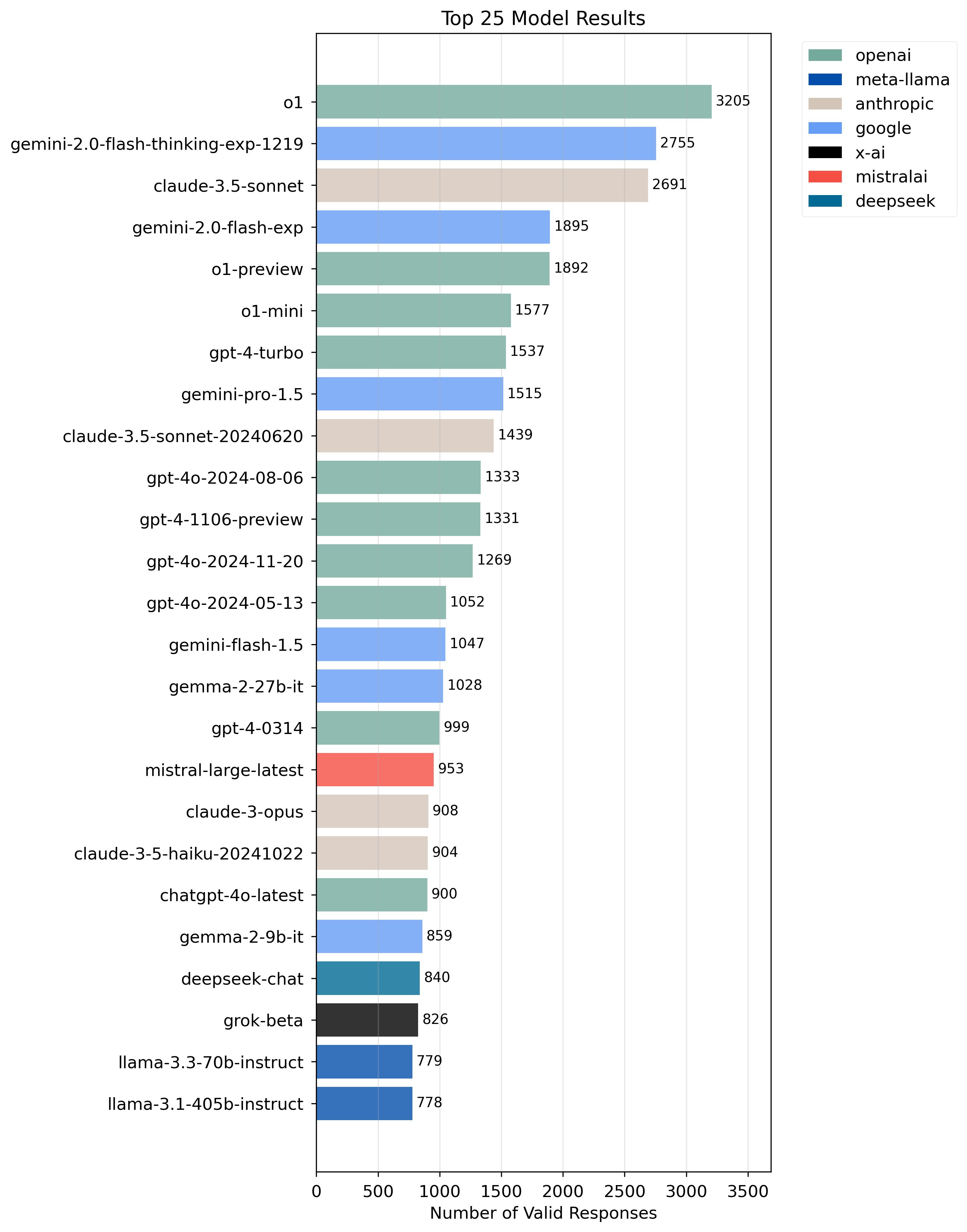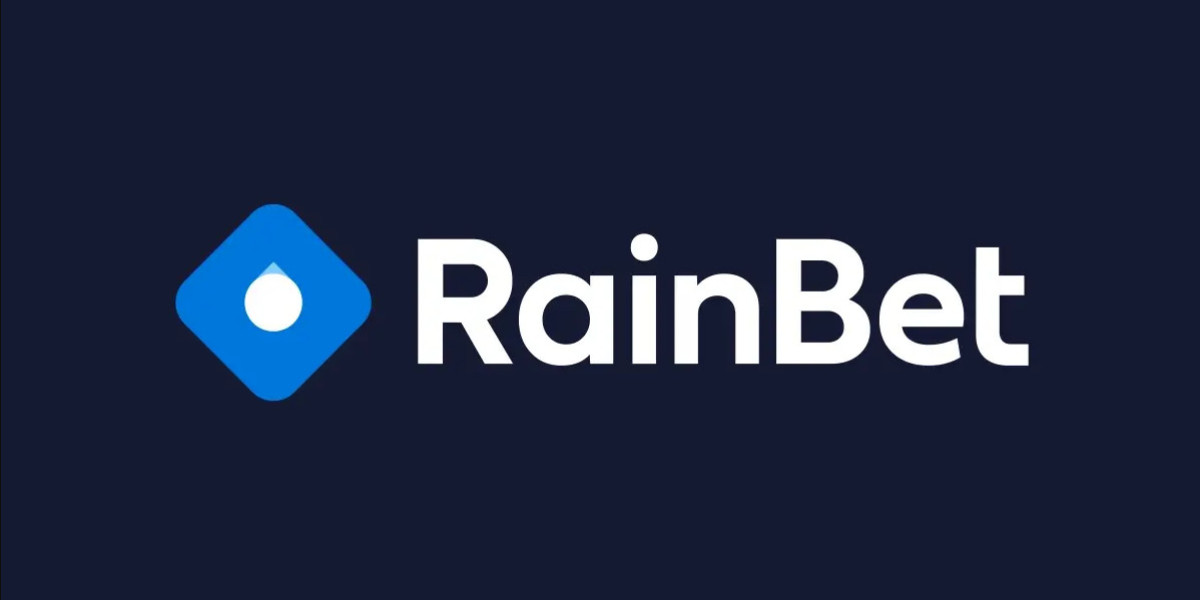Richard Whittle receives funding from the ESRC, Research England and was the recipient of a CAPE Fellowship.
Stuart Mills does not work for, consult, own shares in or receive funding from any business or organisation that would gain from this post, and has divulged no appropriate affiliations beyond their scholastic appointment.
Partners
University of Salford and University of Leeds supply financing as establishing partners of The Conversation UK.
View all partners
Before January 27 2025, it's fair to state that Chinese tech company DeepSeek was flying under the radar. And after that it came considerably into view.
Suddenly, everybody was talking about it - not least the investors and executives at US tech firms like Nvidia, Microsoft and Google, which all saw their company values tumble thanks to the success of this AI start-up research laboratory.

Founded by an effective Chinese hedge fund manager, the lab has actually taken a various method to synthetic intelligence. Among the significant distinctions is cost.
The development costs for Open AI's ChatGPT-4 were said to be in excess of US$ 100 million (₤ 81 million). DeepSeek's R1 design - which is utilized to produce content, fix reasoning issues and produce computer system code - was supposedly made using much fewer, bphomesteading.com less effective computer chips than the similarity GPT-4, resulting in expenses declared (however unproven) to be as low as US$ 6 million.
This has both financial and geopolitical effects. China undergoes US sanctions on importing the most advanced computer chips. But the reality that a Chinese startup has actually had the ability to build such an advanced design raises questions about the efficiency of these sanctions, and whether Chinese innovators can work around them.

The timing of DeepSeek's brand-new release on January 20, as Donald Trump was being sworn in as president, signified an obstacle to US dominance in AI. Trump reacted by explaining the moment as a "wake-up call".
From a monetary perspective, the most noticeable effect might be on customers. Unlike rivals such as OpenAI, which recently began charging US$ 200 each month for access to their premium models, DeepSeek's similar tools are presently free. They are likewise "open source", permitting anyone to poke around in the code and reconfigure things as they wish.
Low expenses of development and effective use of hardware appear to have actually paid for DeepSeek this cost advantage, and have actually already forced some Chinese rivals to lower their costs. Consumers must expect lower costs from other AI services too.
Artificial investment
Longer term - which, in the AI market, can still be remarkably soon - the success of DeepSeek could have a huge influence on AI financial investment.
This is since so far, nearly all of the huge AI business - OpenAI, Meta, Google - have actually been having a hard time to commercialise their models and be lucrative.
Until now, this was not always an issue. Companies like Twitter and Uber went years without making earnings, prioritising a commanding market share (great deals of users) instead.
And companies like OpenAI have actually been doing the exact same. In exchange for continuous investment from hedge funds and other organisations, they guarantee to develop even more effective designs.
These designs, the service pitch most likely goes, will massively boost efficiency and then profitability for services, which will wind up happy to spend for AI items. In the mean time, all the tech business require to do is gather more data, buy more effective chips (and more of them), and develop their designs for prawattasao.awardspace.info longer.

But this costs a lot of money.
Nvidia's Blackwell chip - the world's most powerful AI chip to date - costs around US$ 40,000 per system, and AI business typically require tens of countless them. But up to now, AI business have not truly had a hard time to bring in the essential investment, even if the sums are huge.

DeepSeek may change all this.
By showing that developments with existing (and perhaps less innovative) hardware can achieve similar performance, it has given a warning that tossing money at AI is not guaranteed to settle.
For instance, prior to January 20, utahsyardsale.com it might have been assumed that the most advanced AI models require enormous data centres and other facilities. This suggested the likes of Google, Microsoft and OpenAI would deal with limited competitors because of the high barriers (the large expense) to enter this industry.
Money concerns
But if those barriers to entry are much lower than everybody believes - as DeepSeek's success suggests - then numerous huge AI financial investments suddenly look a lot riskier. Hence the abrupt effect on huge tech share costs.
.webp)
Shares in chipmaker Nvidia fell by around 17% and ASML, forum.altaycoins.com which produces the machines required to manufacture advanced chips, vokipedia.de likewise saw its share rate fall. (While there has actually been a slight bounceback in Nvidia's stock price, it appears to have settled listed below its previous highs, reflecting a brand-new market truth.)
Nvidia and wiki.vst.hs-furtwangen.de ASML are "pick-and-shovel" companies that make the tools required to produce a product, instead of the item itself. (The term comes from the idea that in a goldrush, genbecle.com the only person guaranteed to earn money is the one selling the picks and shovels.)
The "shovels" they sell are chips and chip-making devices. The fall in their share rates came from the sense that if DeepSeek's much cheaper approach works, the billions of dollars of future sales that financiers have priced into these companies may not materialise.
For the likes of Microsoft, Google and Meta (OpenAI is not publicly traded), the expense of building advanced AI may now have fallen, meaning these companies will need to spend less to remain competitive. That, for them, could be a good idea.
But there is now question as to whether these business can successfully monetise their AI programmes.
US stocks comprise a historically large percentage of international investment right now, and technology business make up a historically big portion of the worth of the US stock market. Losses in this industry may require financiers to sell other investments to cover their losses in tech, causing a whole-market downturn.
And it should not have actually come as a surprise. In 2023, a leaked Google memo cautioned that the AI industry was exposed to outsider disturbance. The memo argued that AI business "had no moat" - no security - against competing models. DeepSeek's success may be the proof that this is true.








